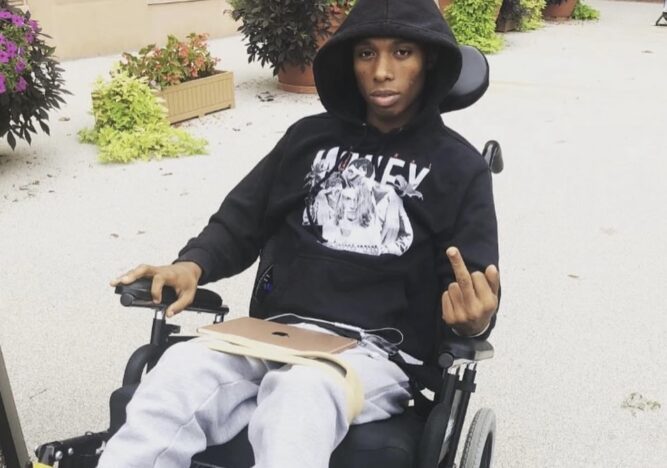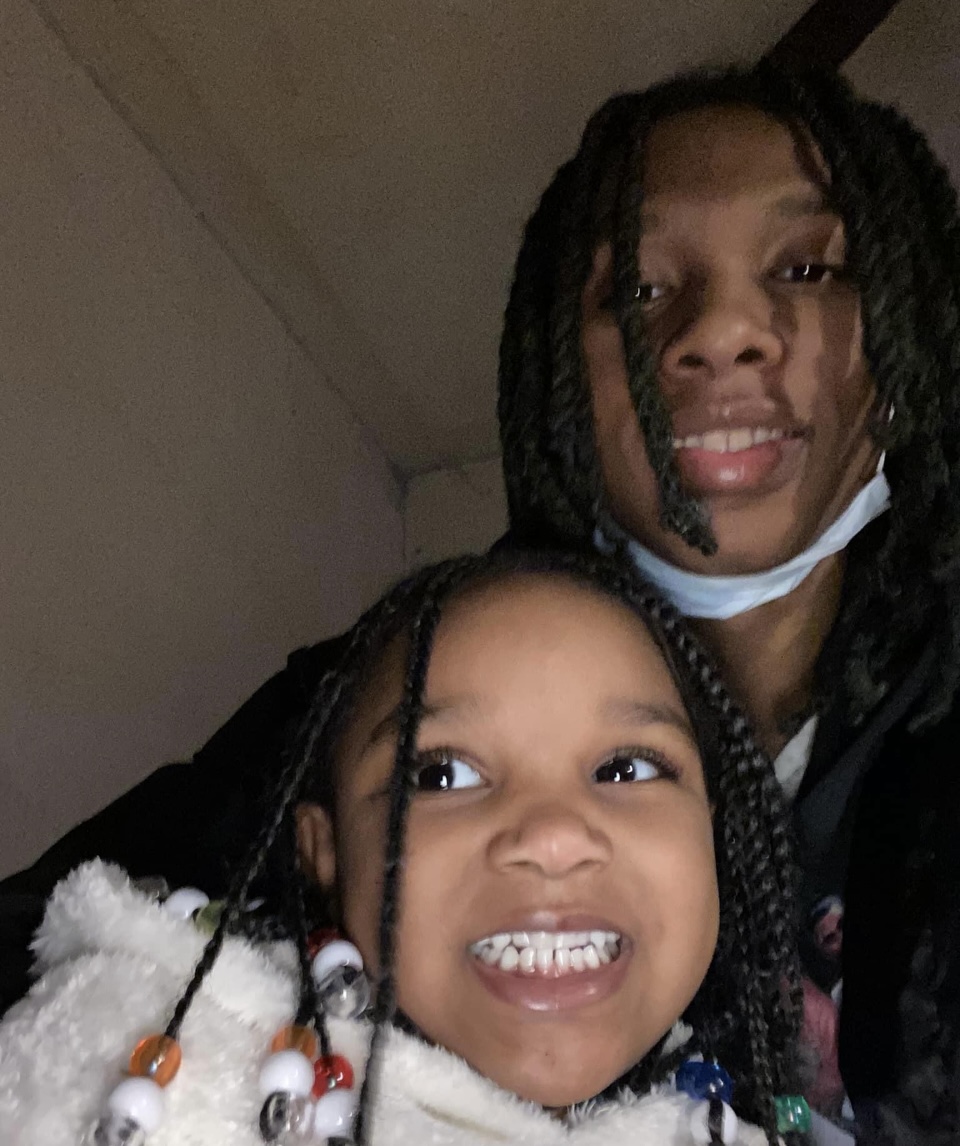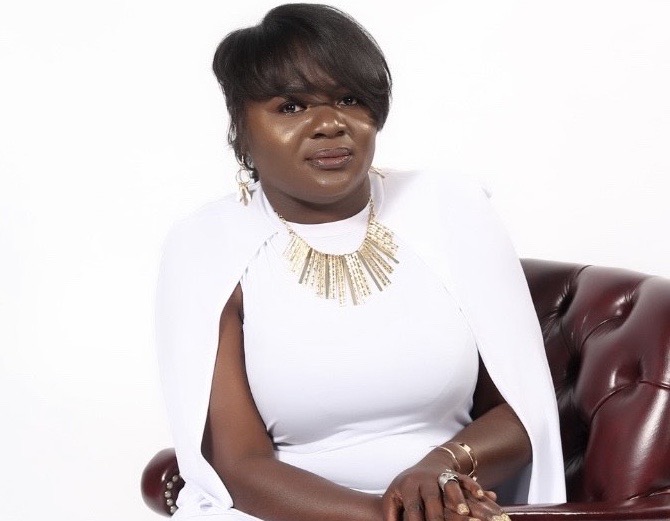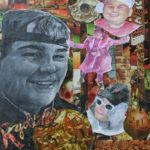
Think back to Sept. 5, 2018. It was a bright, sunny Wednesday in Germantown and everyone was outside chilling on the 6300 block of Cherokee Street. They were just talking and kicking it where they had been for hours.
Then around 7 p.m. a white SUV, maybe a Jeep, rolled past and shots came flying onto the porch where five people were gathered. Two people were shot, including Destiny Gonsalves-Charles in her stomach. She died five days later. The second, Tyree Darby, ended up in the hospital, paralyzed and fighting for his life.
Our hearts go out to Destiny’s family, and after losing my son to gun violence, I know full well how difficult it is to live with that kind of loss. But we so often forget the thousands—tens of thousands, in fact—of gunshot victims who survived and currently are living in Philadelphia. Their struggles are lost, how their lives changed forever, the impact on their families of the recovery, the survivor’s guilt and the waves of trauma that ripple through the community.

The day he was shot, Tyree was a rebellious 20-year-old full of energy, a young father to his daughter, Iris, who was only a few months old. Little did he know he would have to relearn everyday life skills. As he continued to recuperate from his spinal gunshot wound, the doctors told him he would be paralyzed from his lower back down.
At first Tyree laid in the hospital bed giving into the idea he would never walk again. Then he went to Einstein Rehabilitation Center three months later and they they stood him up. That gave him the determination to regain the strength to walk again on his own.
“I’m not going to lie to anyone and say I didn’t have dark moments when I wanted to give up,” he told me. “I cried myself to sleep, went through depression, and watched and heard the cries of my mother crying each day. I know I hurt not just myself but my family of choosing the wrong paths.”
The nightmares replayed in his mind every day as he relived the incident that would change his life. He suffered from horrible guilt that someone else had been killed.
“At times I still go through survivor’s remorse as I think back to Destiny. She was innocent, just walking to the store as her and her boyfriend walked their dog. They stopped for a minute to catch up with us when shots began to fire towards us.”
And he blamed himself.
“I would get angry at myself because of some of the choices I made in my life. There were some days I was lonely and felt alone due to my new circumstances. As I watched on Instagram and saw my friends living life.”

“The more I sat in my wheelchair my friends one by one were being murdered or incarcerated. Of course I am hurt but I had to keep on pushing. The more I sat in the wheelchair I felt like I was captive in it and pushed until I no longer depended on the wheelchair.”
The wheelchair sits now in a corner in the house, but Tyree still has to use a walker. More than five years later, his hamstring and ankles have not fully recovered, but Iris, who is now 5 years old, gives him inspiration.
“She brings me joy, she brightens my day, along with my mother who no longer cries but smiles at me. “
Tyree is now 25 and has had to be forced to sit down and think about his life, which was nearly taken for almost nothing. “The beefs are about nothing but turn into something when a gun becomes involved. I not only hurt myself but my family.”
All that reflection has made him want to share a message for all the young people in street: “It’s not worth it. Go to school, get your education. Do something legal to get your money because a lot of my main mans are gone now, they are either in the grave or incarcerated.”
Today, he’s felling alright, a lot better than I used too, and he knows that to move forward he can’t be stuck in the past. Now he gives back by going to Einstein Rehabilitation to talk to other gunshot victims, giving them hope and inspiration as he raises his daughter.
“My Iris asks me all of the time when will I get off of the walker, and I tell her when God says I can.”
A reward of up to $20,000 if available to anyone that comes forward with information that leads to the arrest and conviction of the person responsible for this murder. Anonymous tips can be submitted by calling the Citizens Crime Commission at 215-546-TIPS or by filling out the form on Philadelphia’s Most Wanted.

Kimberly Kamara is the author of “Where’s My Daddy,” a children’s book aimed at kids who’ve lost a parent to murder. The book was inspired by her family’s continuing journey of grief after her son, Niam Johnson-Tate, lost his life to gun violence on July 5, 2017. Kimberly has two daughters and lives in Germantown with her husband.










Leave a Reply